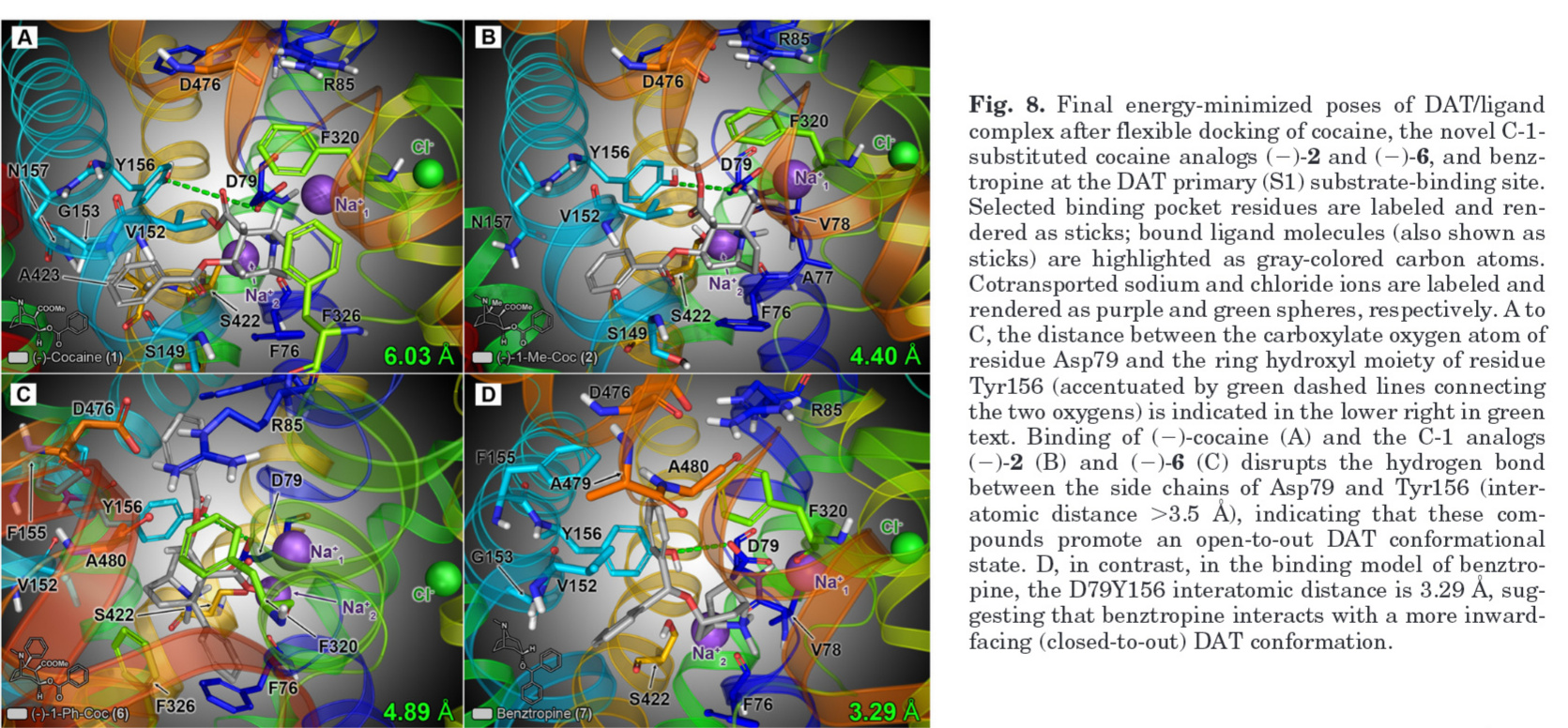Inso
Bluelighter
- Joined
- Jun 19, 2007
- Messages
- 3,048
I haven't touched coke or MDMA in almost seven years. Lately I can't stop thinking about them (especially coke),and have almost convinced myself to give them another go.
Aside from the problem of me being a massive addict, I am on Duloxetine (Cymbalta) 120mg & Lamotrigine (Lamictal) 600mg for my headache conditions.
I've researched online and people warn of serotonin syndrome if MDMa or coke are combined with Duloxetine. Yet there are also plenty of reports of people doing them and just having reduced effects from the coke/MD at worst.
So, can you scientific peolpe do your best to give me an honest answer about the risks & what to watch out for if combining my prescribed meds with coke or MDMA? Also if I wasn't on Duloxetine does Lamotrigine interact with these drugs on its own at all?
I know I'm a bit of an idiot even considering it but I have a history of terrible decision making and just in case I end up making the wrong choice here (i.e. someone is chopping out lines in front of me) I'd like to know what I'm in for. Also I am interested from an academic perspective on how the brain chemistry works with SNRI/SSRIs combined with these drugs.
Hope this is the right forum for this. Not been on in a while and couldn't find Advanced Drug Discussion that used to be a subforum.
Aside from the problem of me being a massive addict, I am on Duloxetine (Cymbalta) 120mg & Lamotrigine (Lamictal) 600mg for my headache conditions.
I've researched online and people warn of serotonin syndrome if MDMa or coke are combined with Duloxetine. Yet there are also plenty of reports of people doing them and just having reduced effects from the coke/MD at worst.
So, can you scientific peolpe do your best to give me an honest answer about the risks & what to watch out for if combining my prescribed meds with coke or MDMA? Also if I wasn't on Duloxetine does Lamotrigine interact with these drugs on its own at all?
I know I'm a bit of an idiot even considering it but I have a history of terrible decision making and just in case I end up making the wrong choice here (i.e. someone is chopping out lines in front of me) I'd like to know what I'm in for. Also I am interested from an academic perspective on how the brain chemistry works with SNRI/SSRIs combined with these drugs.
Hope this is the right forum for this. Not been on in a while and couldn't find Advanced Drug Discussion that used to be a subforum.

